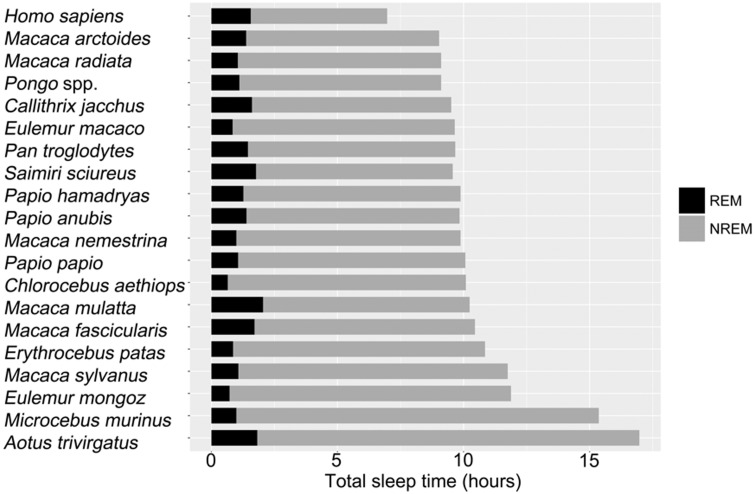Intensive research is ongoing to understand more fully why we sleep. Historically the focus of research has been on the brain, but one study found evidence sleep is essential to prevent damage to the gut’s ability to effectively function. That may not be as surprising as it first seems, because the intestines contain millions of neurons and are closely connected to the brain via the vagus nerve.
Clinical research suggests that deep sleep (Stages 3 and 4) is the most important stage, in that those that are sleep deprived first make up time spent in deep sleep. During deep sleep, blood flows primarily to the muscles and not the brain. It is during deep sleep that our physical bodies are replenished with energy, children grow, and our immune systems are most capable of fighting illness. Deep sleep helps reduce anxiety, repair DNA, and enables the brain to help clear itself of toxins.
The function of REM sleep is less understood, although research suggests both REM and NREM sleep help consolidate memory, facilitate learning, and help clear brain plaques associated with Alzheimer’s disease. Neurological evidence also shows the limbic system – those brain structures most responsible for the regulation and processing of emotions – are more active during REM sleep stages. For most people, REM sleep may also help to in effect reset the emotional state, in that a lack of REM may result in one feeling more irritable or grouchy the next day.
More clues about the purpose of REM sleep come from biological studies of primates. Of all primates, humans sleep the least but have the highest percentage of REM.

Evolution, Medicine, & Public Health, 2016(1), 227-243
Of all primates, humans sleep the least but have the highest percentage of REM dream sleep.
In a simple way then, we might look at NREM or deep sleep resetting the physical body, and REM or dream sleep resetting the mind, and especially one’s mood, for a new day.
As we age, the amount of time spent in deep sleep tends to decrease. This is normal. Older individuals will often enter REM sleep faster than younger people. This is but one change in sleep over time as we age.